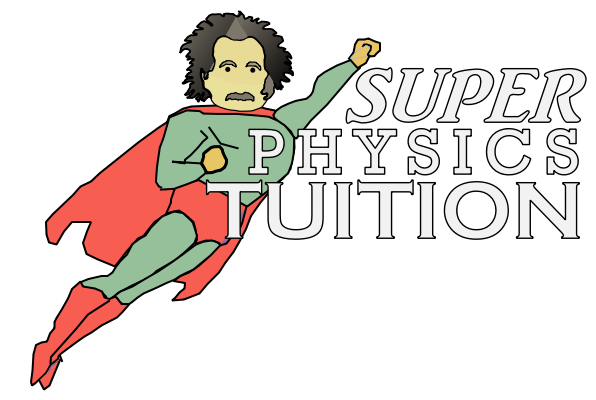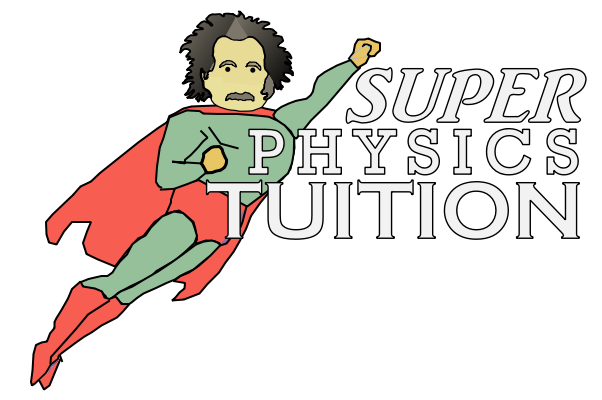When I was studying in school, I never liked how tedious school felt. The long hours spent in school; the endless homework and the lack of sleep. I spent nearly everyday wishing for it to be over. I was in need of some laid-back, lazy time and the school holidays couldn’t come sooner.
However, when the school holidays finally arrived, I would invariably find myself bored and asking the question: What should I do during the school holidays?
Ideally I would spend my holidays productively on my interests and goals: things that I wouldn’t ordinarily have had the time and energy to do during the school semester.
I remember making grand plans to exercise everyday during the school holidays by going to the gym near my house. Ideally, I would go to the gym at 6.30am, before the morning crowd has arrived, work out intensely at the bench-press, and enjoy a nutritious kaya toast breakfast after that. Then I would go back home and read some books to gain some insightful knowledge about the world, or maybe learn a new language. In the afternoon, I would practice the guitar and finally be able to play the Cliffs of Dover.
I followed my plan religiously for two days. After that I spent the rest of my holidays doing nothing significant (unless you count playing video games from 3pm to 3am). This was a long time ago. I’m sure that I had learnt some useful skills from playing so much video games, but in hindsight, I would have preferred to spend my time in a different way.
Here are some suggestions for how students can make the most of their time off from school:
Develop a new skill or hobby:
Students can use their holidays to learn something new, such as a language, a musical instrument, or a craft. This can be a fun and engaging way to spend their time off from school, and can also provide them with valuable new skills and knowledge.
Depending on the student’s interest and goals, learning a new skill can be as difficult as learning to code in Python. The real challenge lies in not giving up, and sustaining the habit for long enough to reap observable rewards.
Catch up on schoolwork:
Boring, I know.
But students who have fallen behind in their studies should really use their holidays to catch up and get ahead. This can help them start the new school year on the right foot and avoid feeling overwhelmed when classes resume – especially if they have a lot of upcoming tests or assignments.
Volunteer:
Students can use their holidays to give back to their community by volunteering with organizations that align with their interests and values. This can be a fulfilling and rewarding way to spend their time off from school, and can also provide them with valuable experience and connections.
Check out: https://www.cdac.org.sg/volunteer-with-us/
As an added benefit, students can add their volunteering experience to their portfolio.
Work part-time.
Here are some potential pros and cons of working part-time during the holidays:
Pros:
- Earning money: Working part-time during the holidays can provide students with an opportunity to earn some extra money.
- Gaining experience: Working part-time can also provide students with valuable work experience and skills that can be beneficial for their future careers.
- Building connections: Working part-time can also give students the opportunity to network and make connections with professionals in their field of interest.
Cons:
- Potential conflict with schoolwork: Depending on the amount of time they are working, students’ part-time jobs may interfere with their ability to catch up on schoolwork or prepare for upcoming tests and assignments.
- Potential impact on mental health: Working part-time during the holidays can also be stressful and demanding, which can take a toll on students’ mental health and well-being.
- Potential impact on personal interests and hobbies: Students may have to sacrifice time for their personal interests and hobbies in order to work part-time during the holidays.
Read more books.
I don’t mean read more textbooks by the way (although you could if you wanted to). Instead, ask yourself when was the last time you read a book for leisure? Perhaps we’ve forgotten that reading can also be a form of entertainment and a source of enjoyment.
Overall, reading more books can have a number of positive effects on our mental and emotional well-being, and can help us lead more fulfilling and enriching lives.
Here are some books that I enjoyed recently:
- Remembrance of Earth’s Past Trilogy by Liu Cixin
- Deep Work: Rules for Focused Success in a Distracted World by Cal Newport
- First Person Singular (short story collection) by Haruki Murakami
Relax and recharge:
Sometimes we forget that the holidays can also be a time for students to unwind and recharge after a busy school year. This can involve activities like getting enough sleep, travelling and spending time with friends and family, or pursuing personal interests (like video games).
Despite our pursuit of productivity, it is still important to take time to relax and recharge can help students return to school feeling refreshed and ready to tackle the new year.
After all, that’s what holidays are for.


